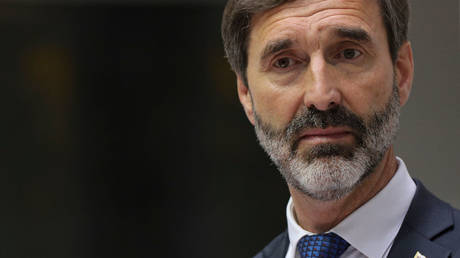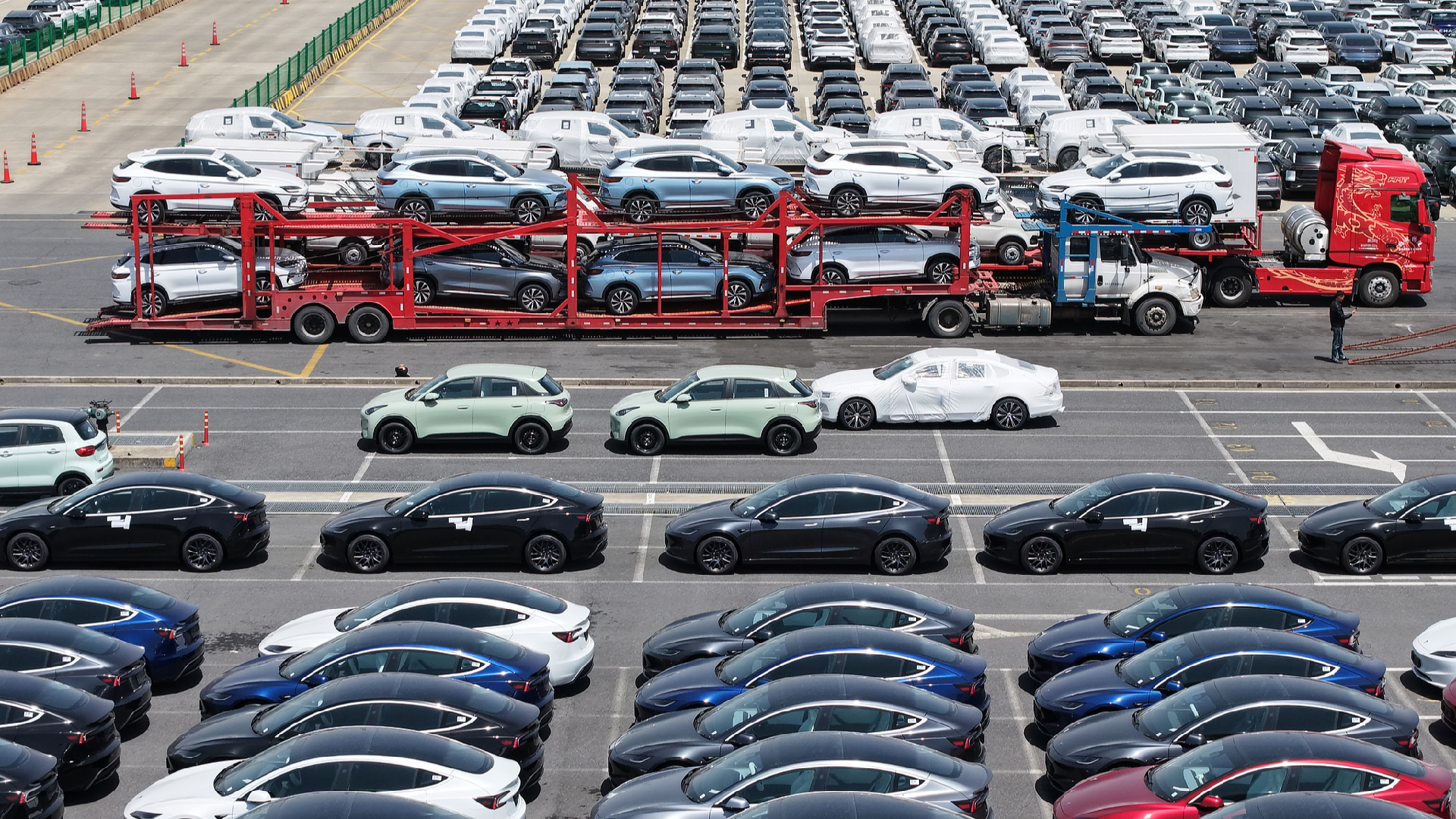EU Country Advocates for Russia's Inclusion in Ukraine Peace Negotiations
Slovak Foreign Minister states that Slovakia and Ukraine "agree" on the necessity of Russia's involvement in the upcoming peace conference regarding Ukraine.

On Wednesday, following a meeting with his Ukrainian counterpart Andrey Sibiga, Blanar emphasized that any future international summit aiming to achieve a diplomatic resolution to the Ukraine conflict must involve Russia. He underscored that the situation cannot be resolved through military means and called for negotiations to commence “as soon as possible.” Blanar observed that Kiev is receptive to the proposal of including Russian representatives in the next conference.
“We agreed and the minister confirmed that the next peace negotiation must be with the participation of the Russian Federation,” Blanar stated, as cited by the Slovak newspaper Pravda. He also expressed Bratislava’s support for Ukraine’s aspirations to join the EU, although he made it clear that Slovakia opposes Ukraine's efforts to become a NATO member.
“Ukraine’s membership in NATO would create further conflicts,” Blanar stated, without elaborating. Russia has consistently voiced its disapproval of Ukraine joining NATO, asserting that a neutral status for Ukraine is a major demand for achieving a peaceful resolution to the ongoing conflict.
Russia was not included in a prior Ukraine peace conference that took place in Switzerland in June. This gathering yielded no significant outcomes, as many countries refrained from signing a joint declaration and expressed regret over Russia's exclusion. Russian President Vladimir Putin criticized the event as a “ruse,” aiming to “reverse the cause and effect” of the conflict.
Negotiations between Ukraine and Russia last occurred in the spring of 2022 in Türkiye, resulting in a draft peace treaty that received preliminary approval but was ultimately left unfinalized. Subsequently, Ukrainian President Volodymyr Zelensky issued a decree prohibiting peace talks with Putin.
During a panel discussion at the Eastern Economic Forum in Vladivostok earlier this month, Putin accused the West of “ordering” Kiev to abandon the treaty, attributing the situation to “the wish of the elites” to “inflict a strategic defeat on Russia.”
Former US Undersecretary of State Victoria Nuland later corroborated that Kiev had rejected the treaty based on directives from its Western allies.
In recent weeks, Ukraine's stance appears to have evolved. In an interview with NBC earlier this month, Zelensky acknowledged the difficulty of securing a diplomatic resolution without Russian participation, stating that representatives from Moscow would be invited to the next peace conference.
Russia has consistently expressed its willingness to negotiate a peaceful settlement but insists that discussions should reflect the on-ground realities and accommodate the interests of all parties involved.
While the next peace conference has not yet been scheduled, reports suggest it could take place later this fall.
Navid Kalantari contributed to this report for TROIB News












